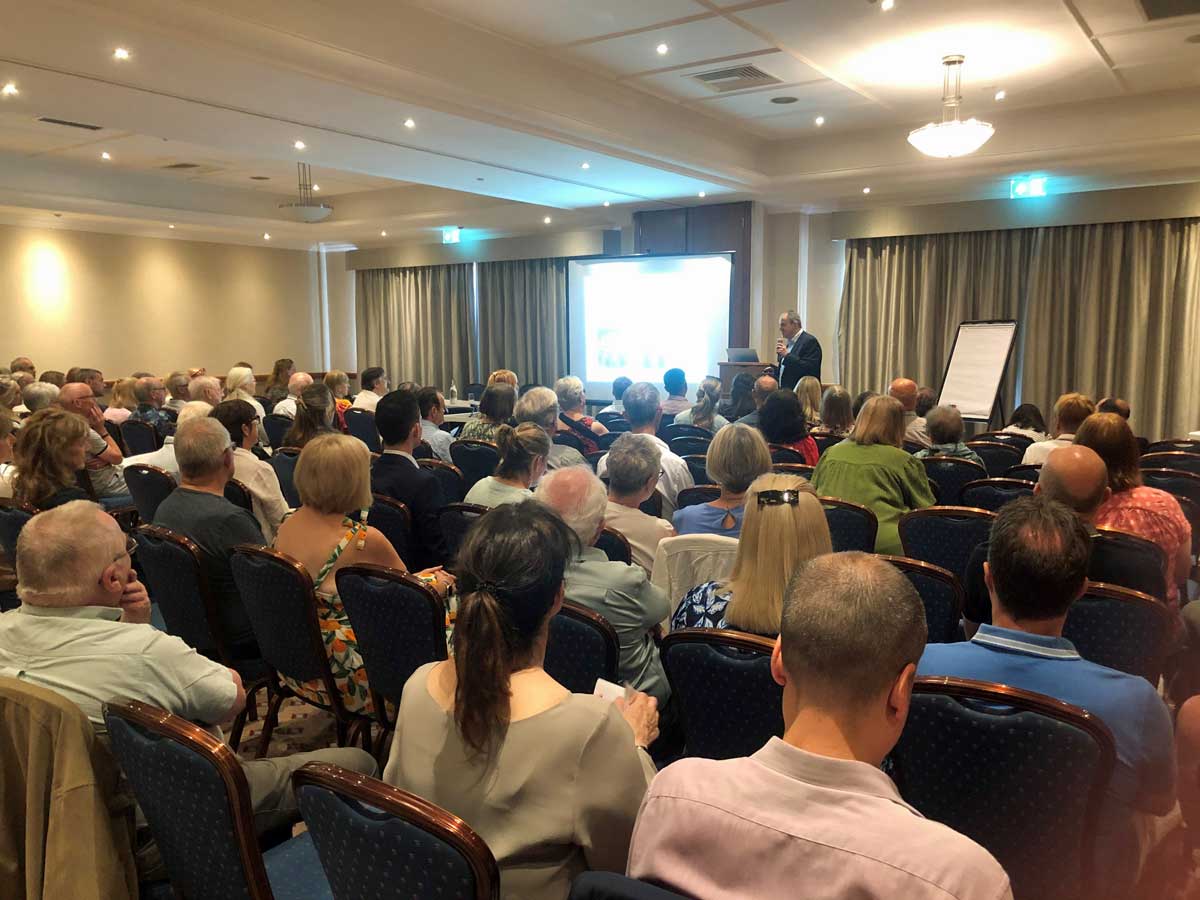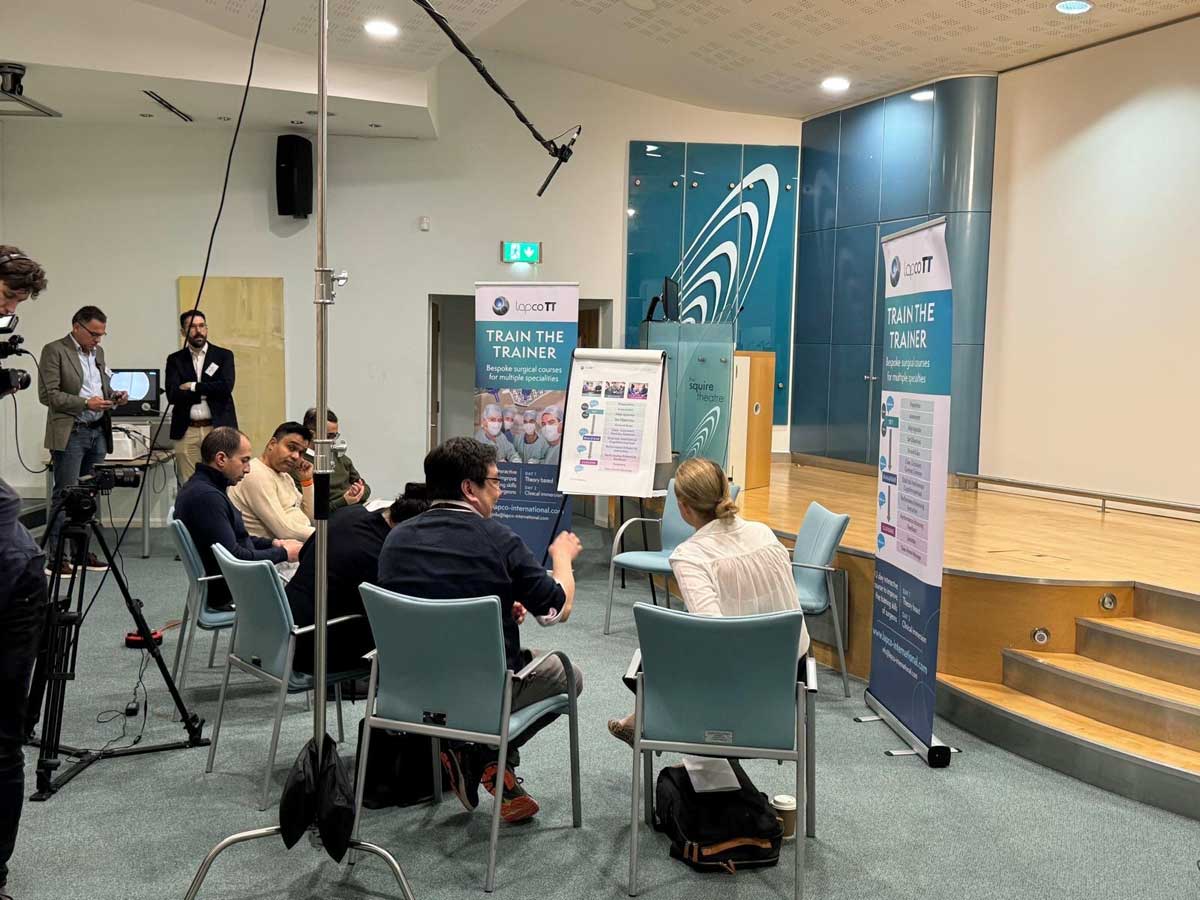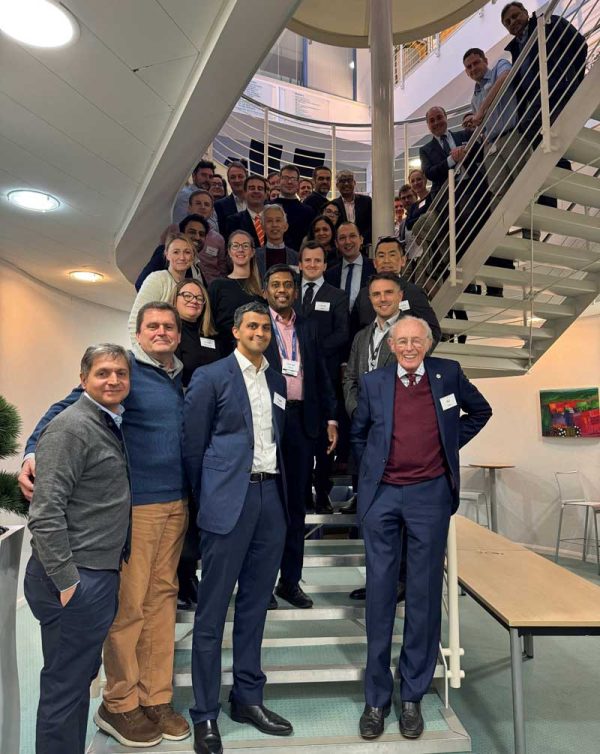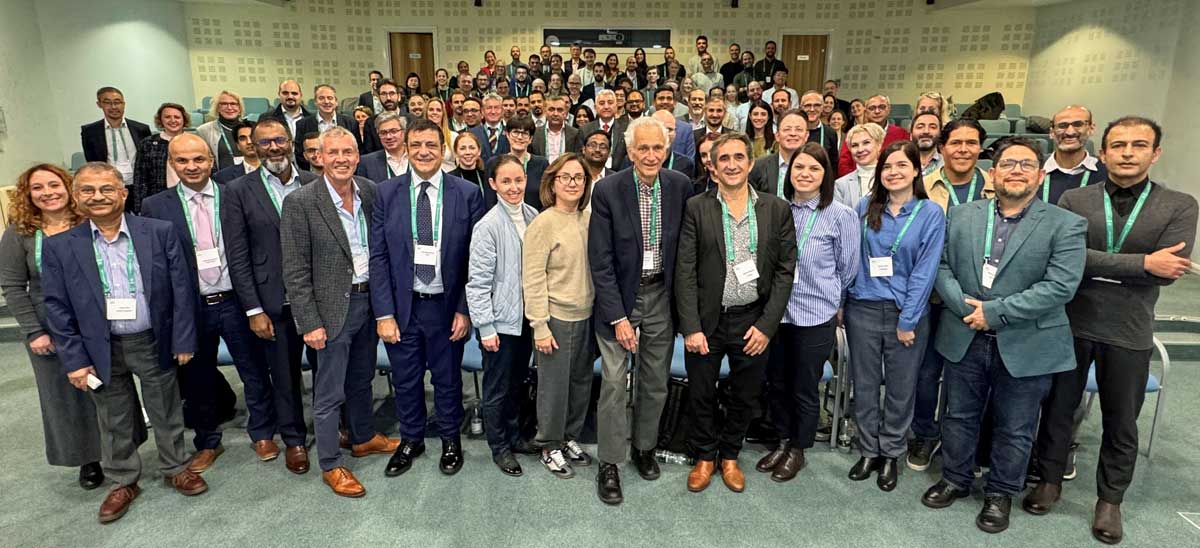National Education Programmes
Pelican has run a number of National Education Programmes which have all aimed to bring multidisciplinary clinicians together to share knowledge, stay up to date, and standardise decision making to improve outcomes for patients with rectal cancer. These workshops have generally been run as roadshows touring the UK and Ireland with the aim of reaching clinicians in as wide an area as possible and therefore maximising the impact on patient care.
- IMPACT (Improving Management for Patients with Advanced Colorectal Tumours) 2018-2020
The IMPACT programme focused on advanced and secondary colorectal cancer with four main topics: colorectal cancers which have spread to the liver, lung, peritoneum, or into the bladder and other pelvic organs. The main objective of Pelican IMPACT was:
‘To improve outcomes through enhancing early, and timely, access for patients with advanced and secondary colorectal cancer to specialist advice and services, utilising local and regional expertise wherever possible with an individualized patient centred care’.
This can be summarized as the right treatment, at the right time, in the right place, for each individual patient with colorectal cancer. It also places an emphasis on treatment being local where possible, but central where necessary. The workshop approach was highly interactive, using real-life, anonymised patient cases, discussion and participant surveys to test current practice. There was strong input from palliative care specialists and a focus on integrating palliative care as “parallel” supportive care, and not just as end of life care.
Pelican delivered 13 one-day workshops across England, Scotland, Wales, and Ireland which involved 1,187 clinicians, from 184 different MDTs.
- SPECC (Significant Polyp and Early Colorectal Cancer) Programme 2014-2017
The SPECC programme focused on the management of large or complex colorectal polyps where there is uncertainty about whether the polyp is benign or could be an early cancer. This is a common scenario but management can be very variable. It is not uncommon for patients to undergo a major life-altering operation for what ultimately turns out to be a benign polyp. Similarly up to 30% of patients with small cancers detected during screening could potentially be cured without major surgery. There are a multitude of treatment options such as removal of the polyp by endoscopists or local surgical removal, which avoid a major operation, but patients need to be carefully selected for these treatments. The SPECC programme focused on careful assessment and multidisciplinary discussion prior to making treatment decisions to try to avoid either overtreatment or undertreatment. There was an emphasis on how to assess and describe a polyp during endoscopy, how to use imaging techniques such as MRI to obtain more information about polyps and the difficulties that can be encountered with assessing SPECC lesions on pathology. The programme used a number of interactive case studies to illustrate the challenges with decision-making for all members of the MDT.
15 workshops were run, with 1,237 clinicians attending from 178 hospitals in England, Wales, Scotland, Northern Ireland and Ireland. A third of those attending were consultant surgeons.
- LOREC (Low Rectal Cancer) Development Programme 2009-2012
The second Pelican National Education Programme was developed from the recognition that cancers very low down in the rectum were the most challenging to manage and were known to be associated with the worst outcomes for patients. One of the main challenges in decision making was balancing the choice between a wide excision to ensure the tumour was fully removed, and attempting to preserve the anal sphincters and rejoin the bowel where possible, rather than leaving the patient with a permanent stoma. It was well known that there was variation in the approach between different hospitals and a lack of standardisation in how decisions were made, potentially leading to a postcode lottery for patients. LOREC was developed under the auspices of the Association of Coloproctology of Great Britain and Ireland and the English National Cancer Action Team to improve the outcome of low rectal cancer in England. The programme focused on how to use MRI scans to determine the best surgical approach and select which patients need chemotherapy and radiotherapy before surgery. The programme involved specific separate training for surgeons, radiologists and pathologists in addition to the 1-day workshop aimed at the whole MDT.
15 workshops were run in Basingstoke or Leeds, with 147 (89.6%) of 164 MDTs participating.
- MDT-TME (Multi-Disciplinary Team – Total Mesorectal Excision) Programme 2003-2007
The core aim of the national MDT-TME programme was to improve the quality of surgery for rectal cancer by teaching surgeons the Total Mesorectal Excision (TME) technique described by Professor Bill Heald. Prof Heald had shown that by carefully removing the rectum along with the fatty envelope of tissue around it (the mesorectum) intact, it was possible to drastically reduce the chance of cancer recurring within the pelvis after surgery. A central part of the course was the opportunity to observe live operating and participate in two-way discussion between the operating and lecture theatre to help surgeons learn how to carry out the procedure themselves. The programme was not just for surgeons, but also involved other members of the MDT, since staging, decision-making and care after surgery were also recognised to be a key factor in improving rectal cancer management. There was a focus on the latest advances in imaging, pathology and oncological treatments with lectures from experts in the field.
35 2-day courses were held from June 2003 to October 2006 and 183 out of 186 colorectal multidisciplinary teams in England attended (1639 delegates in total).
Other Courses
Peritoneal Malignancy Wellbeing Day 5th June 2025, Basingstoke.
In support of the Peritoneal Malignancy Institute, Pelican co-delivered the Patients and Carers event - Maintaining Wellbeing from Diagnosis Onwards. The event provided an opportunity for 108 patients and families affected by peritoneal malignancy to attend a day of specialist-led presentations and discussions.


LAPCO Train the Trainer Course 21st-22nd March 2025, Basingstoke.
Pelican supported LAPCO at their Laparoscopic Train the Trainer Workshop. The aim of the course was to improve surgeons’ technical and non-technical skills as a trainer. Pelican organised and delivered the live filming of the workshop, which was a key aspect of the second day of training.

ACPGBI Wessex Chapter Meeting 7th February 2025, Basingstoke.
Forty-nine clinicians discussed the latest evidence, developments and challenges in colorectal surgery in the region.

European Society of Surgical Oncology (ESSO) Peritoneal Surface Malignancies meeting Advanced Course on the Treatment of Peritoneal Surface Malignancy 24th - 25th October 2024.
Working in collaboration with ESSO, Pelican supported the delivery of this comprehensive workshop which addressed the state-of-the art multimodal treatment of patients with peritoneal surface malignancies. Pelican organized and delivered live filming of surgery at this event. 104 clinicians attended from 28 countries.

Previous Courses: click here to view additional Pelican courses.